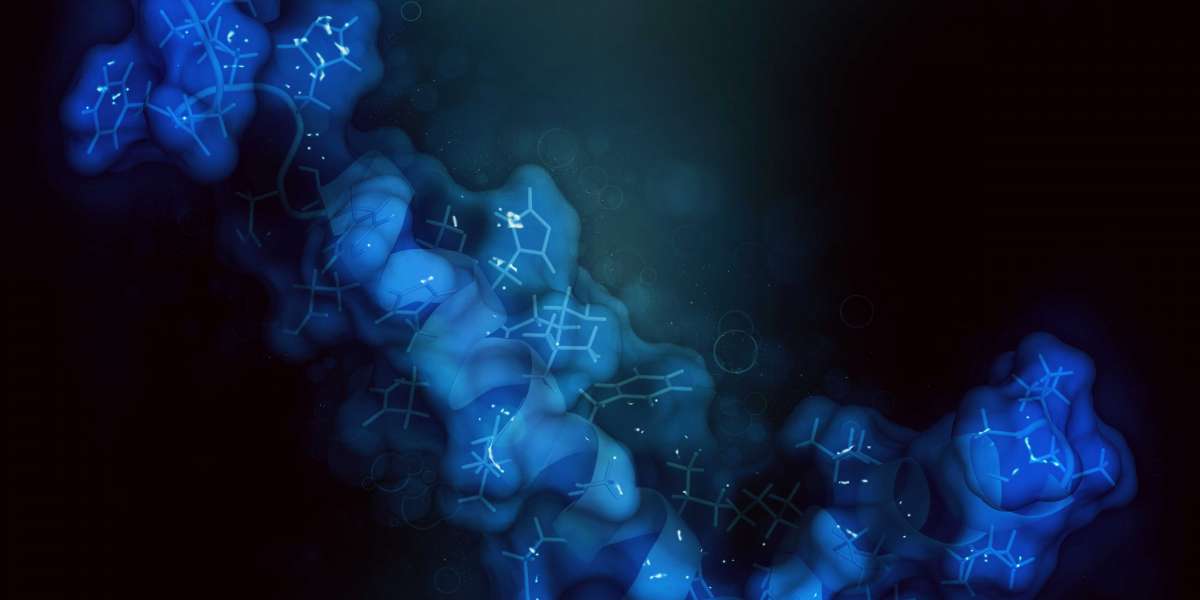Microbial production of proteins stands as a transformative force in biotechnology, bridging the gap between molecular biology and industrial application. This process involves the use of microorganisms such as bacteria, yeasts, and filamentous fungi to express and manufacture proteins, underlining a significant leap in how we produce and utilize biological molecules for various purposes.
From Nature to Nurture
At its core, the microbial production of proteins draws inspiration from the natural ability of microorganisms to replicate genetic material and synthesize complex molecules. Over the years, scientists have harnessed these natural processes, engineering microbes to produce proteins that are either identical or analogous to those found in larger organisms.
Bacteria like Escherichia coli are often preferred due to their rapid growth rates and ease of genetic manipulation. Yeasts, particularly Saccharomyces cerevisiae, serve as versatile hosts for eukaryotic protein expression, facilitating the production of proteins with post-translational modifications that bacteria cannot carry out.
Applications Across Industries
The potential applications of microbial protein production are vast and varied. In medicine, recombinant proteins like insulin, human growth hormones, and clotting factors are synthesized using microbial hosts, ensuring high purity and consistency. This microbial approach has drastically reduced production costs while improving the availability of these life-saving therapeutics.
In the agricultural realm, microbial production of proteins has introduced innovations such as enzyme-based feed additives, which enhance nutrient absorption and animal growth. Additionally, plant protection products, including microbial pesticides, are developed to reduce reliance on chemical-based solutions, promoting sustainable agriculture practices.
Innovative Frontiers and Future Potential
Advancements in synthetic biology and metabolic engineering have opened new pathways for optimizing microbial production systems. Scientists are developing strains with enhanced capacity and efficiency for protein production, allowing for custom-tailored bioprocesses that meet specific industrial needs. These innovations not only improve yield but can also reduce the environmental footprint of protein production.
Furthermore, the emergence of cell-free protein synthesis systems holds promise for rapid, on-demand protein production, eliminating the need for living cells and streamlining the manufacturing process. This technology has the potential to revolutionize how vaccines, enzymes, and therapeutic proteins are produced and distributed, especially in emergency scenarios.
Challenges and Considerations
Despite the advantages, there are challenges to overcome in microbial protein production. Ensuring the stability and functionality of recombinant proteins can be complex, particularly for those requiring precise folding or modifications. Moreover, scalability remains an issue, as processes optimized in the laboratory need to be economically viable on an industrial scale.
Regulatory considerations also play a critical role, as each product must meet stringent safety and efficacy standards. This involves comprehensive testing and validation processes before any product can reach the market, necessitating collaboration between researchers, industry stakeholders, and regulatory bodies.
Conclusion
Microbial production of proteins encapsulates the synergy between biological insight and technological innovation. As we continue to enhance these microbial systems, they will play an increasingly pivotal role in shaping sustainable practices across medicine, agriculture, and beyond. By leveraging this profound capability, society stands on the brink of a new era where access to complex proteins is both democratized and environmentally conscious.







